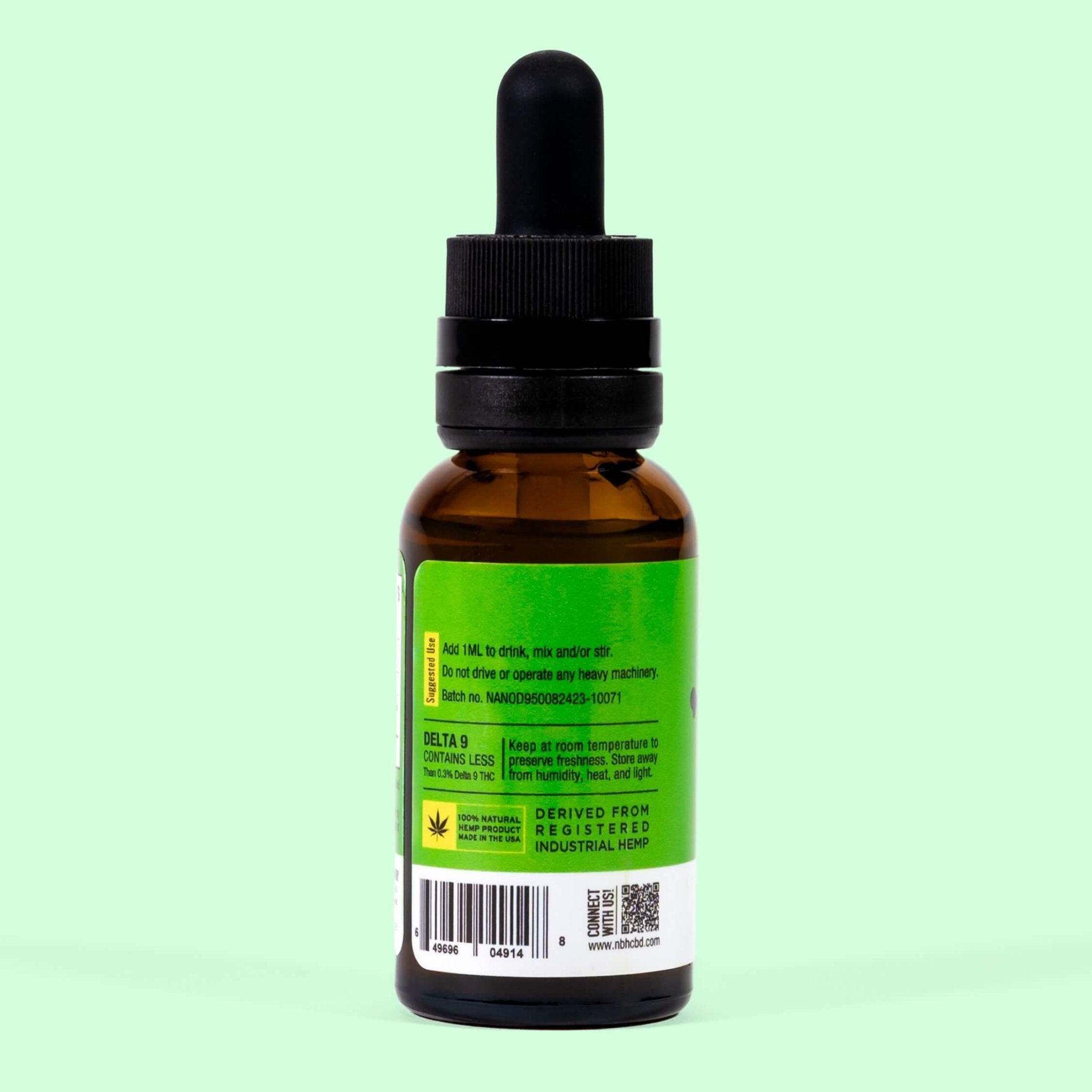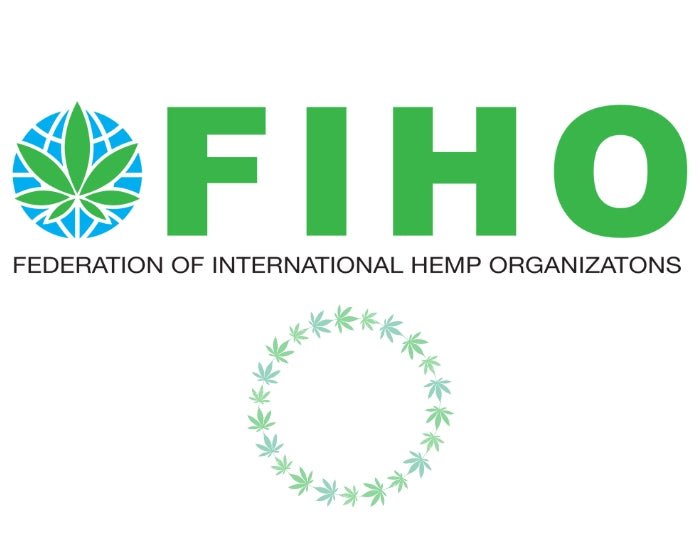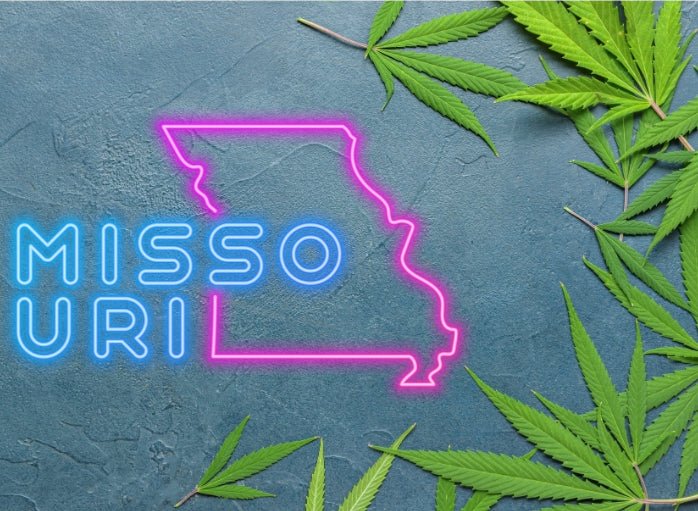This week both states added their legislative names to the growing list of those trying to address the concerns over the largely unregulated cannabinoids.

The question of what to do about products containing the enigmatic and controversial delta-8 THC cannabinoid has been somewhat answered in two more states this week. According to numerous local and national media outlets, lawmakers in Arkansas and Connecticut passed measures to address the proliferation of items containing the hemp-derived variant causing health and safety concerns across the country.
Following the passage of the Farm Bill in 2018, hemp was removed from the Controlled Substances List. With that new designation, farmers could once again cultivate hemp as a legal agricultural product, and manufacturers could begin to create and sell products containing hemp-derived THC, including delta-8.
Delta-8 occurs naturally in minimal amounts in hemp and has much milder intoxicating effects than its better-known cousin, delta-9, which most people associate with the "high" of smoking or ingesting cannabis products. However, a synthetic process involving hemp-derived CBD can create a much more potent and potentially dangerous form of delta-8.
Because the chemically manufactured delta-8 technically derives from the hemp plant, multiple courts have ruled that it is still legal to manufacture and sell under the provisions outlined in the Farm Bill. As a result, several enterprising hemp industry entrepreneurs began manufacturing and selling products containing the more potent form of the isomer.
Following those decisions, mostly unregulated items containing hemp-based delta-8 began appearing in convenience stores and gas stations nationwide. Tragically, at least one of those products has been linked to the death of a toddler in Virginia last year. In addition, there have been multiple cases of individuals, including teenagers, falling ill after ingesting items containing delta-8.
The issue of how to best address the problem of hemp-based synthetics has predominantly fallen to state legislatures. As a result, several states began to pass legislation severely restricting and, in many cases banning the politically toxic THC variant.
With the stroke of her executive pen, Gov. Sarah Huckabee Sanders added Arkansas to the roll call of states banning delta-8 this week. According to Little Rock TV station KARK, the Republican governor signed Act 629 into law, making selling hemp-based products containing delta-8 THC illegal.
Also under the new law:
- Individuals seeking to manufacture or sell hemp-derived products are required to obtain an annual license.
- Companies must keep hemp product sales records.
- There will be specific labeling requirements for hemp product packaging, including forbidding references to "candy" or cartoon figures.
- Selling hemp-derived products to individuals under 21 is prohibited.
In a similar action to the one taken by Arkansas lawmakers, legislators in the state of Connecticut took a significant step toward banning synthetic cannabis and imposing caps on THC levels in sleep aids and other edible items sold in CBD and convenience stores operating outside the state's regulated medicinal and adult-use marijuana markets.
As first reported by the nonprofit CT Mirror, the CT House of Representatives voted 148-1 to approve a bipartisan bill prohibiting the sale of unregulated synthetic marijuana products, including those containing chemically-derived delta-8 and delta-9 variants. The new legislation will be the first of what is likely to become yearly regulatory updates to the state's recreational cannabis industry, which launched this past July.
In an interview following the vote, state Rep. Mike D'Agostino (D), co-chair of the General Law Committee, said, "This is a set of laws that we were going to be looking at and updating every year. It's an evolving market. It's an evolving regulatory scheme."
"This is a set of laws that we were going to be looking at and updating every year. It's an evolving market. It's an evolving regulatory scheme."
- CT Rep. Mike D'Agostino (D), Co-Chair of the General Law Committee
State legislative insiders expect the Senate to pass the House measure overwhelmingly. Likewise, they also expect Gov. Ned Lamont to sign the legislation into law when it reaches his desk.
The steps taken by Arkansas and Connecticut are similar in content and impact to other measures enacted in other states. However, advocates and stakeholders in the still burgeoning hemp industry have expressed concerns about some of these new laws' harsh and excessively punitive nature.
While no one is arguing against making the industry safer for consumers, there have been calls for moderation by lawmakers, some of whom seem more concerned about the political points gained from their legislative actions rather than creating thoughtful and fair regulatory policies.
With the Farm Bill coming up for renewal later this year, many concerned parties hope that Congress will clean up the "mess" created by the many loopholes in the 2018 version, which a few bad actors have exploited. Until then, it appears to be every state for itself, with the small hemp business owner taking the brunt of the economic and legal fallout.








































